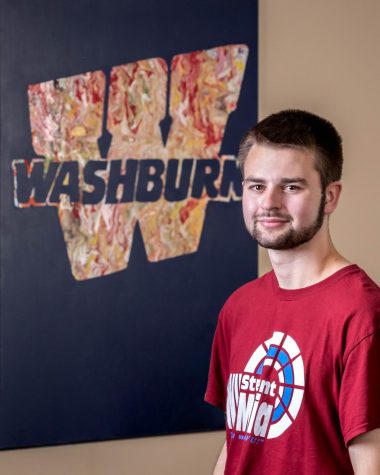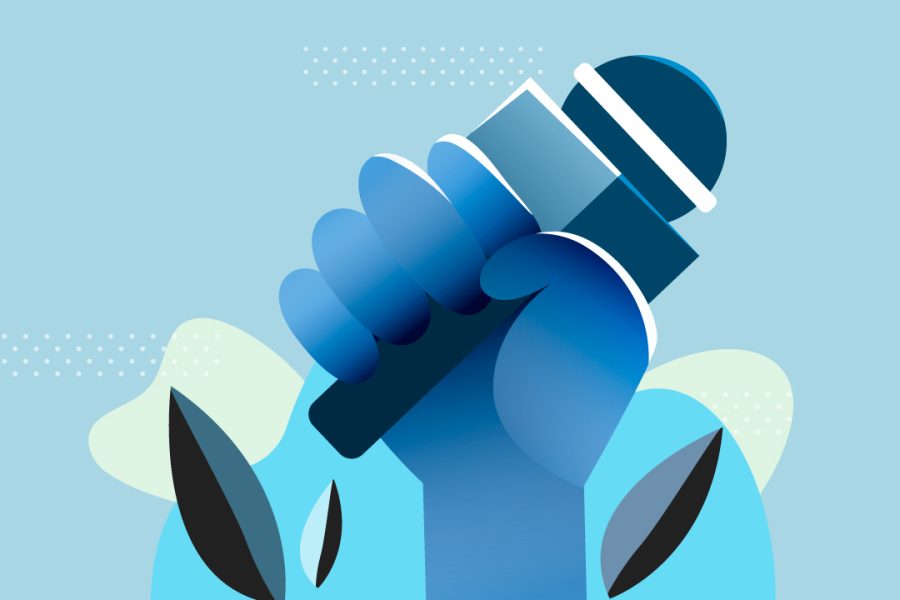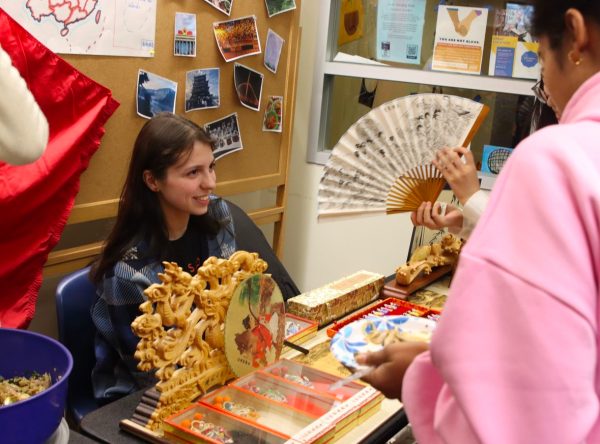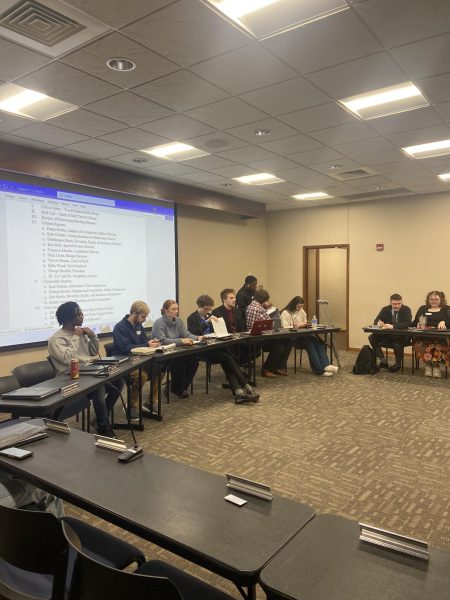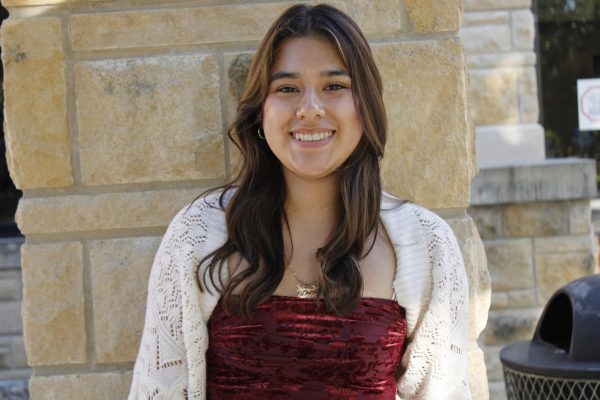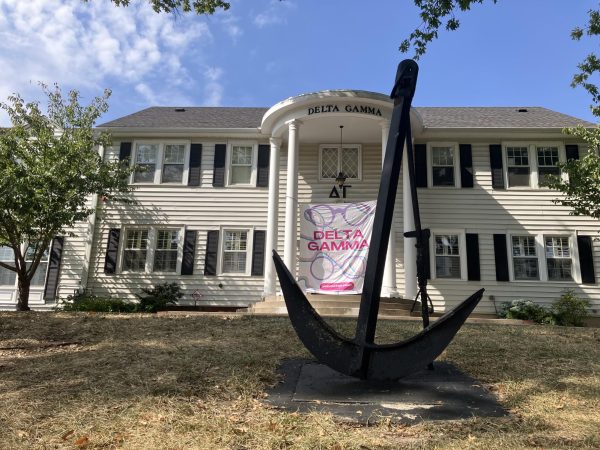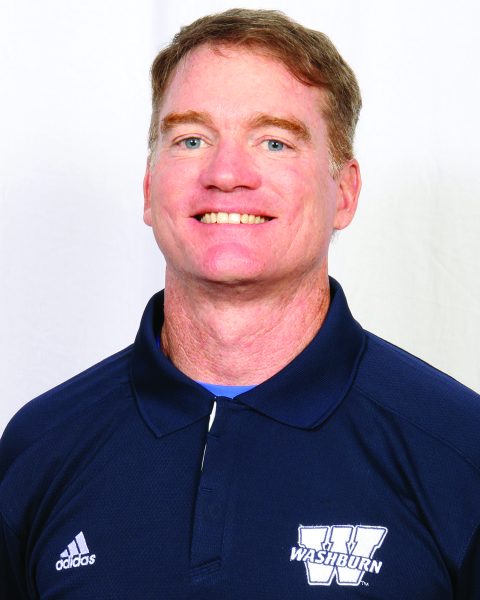Washburn University administration addresses media censorship concerns
Washburn University aims to create a better environment for its student press, allowing students’ voices to be heard in the process.
A student press on a college campus is going to have a unique experience based only on its existence and location within the structure of the university. A healthy and professional relationship between the two groups can cultivate a fertile learning ground for members of the student press while also serving as a way for them to legitimately inform on campus events- with both good and bad results.
When that relationship and respect are fractured, tensions and stakes can quickly rise, which leads to public battles that are not beneficial to either party. This is what took place at Haskell Indian Nations University when the school’s former president sent a directive to the editor of the student newspaper telling him not to contact government agencies for information.
Universities can have different responses to bad publicity coming from the student press or any news outlet. At Washburn, the public relations department only looks to cut out information that is factually false and serves as a bridge between administration and the student press when necessary.
“If there are stories that were coming out that were casting a negative light on the university, we would help facilitate conversations to help the administration gain understanding as to where the genesis of those stories (are),” said Joy Bailes, assistant director of public relations at Washburn.
Focusing only on facts and not content of stories is a guideline that the public relations department applies to all media groups, not just student publications.
“I personally am very much opposed to any kind of attempt to control the press on behalf of the university, just like we don’t try and control any other media,” said Patrick Early, director of public relations at Washburn.
From the university’s perspective, being transparent about these principles and willing to have conversations are done in the hopes of maintaining a positive relationship with the press.
“When it’s more confrontational, it just makes life more unpleasant for everybody. Having a more open relationship makes it a lot easier to create understanding and to create that two-way communication,” Early said.
Working with media organizations to correct things that were misquoted or have inaccurate published information and getting them to make those changes instead of limiting access is another part of that process.
“We would issue a correction and ask that it would be made,” Bailes said. “We would never try to shut it down, because that would end the productive, healthy conversation.”
Even without opening up a line of communication, simply removing the fear of censorship or punishment from administration can help members of the student press complete all that comes with the job.
By doing that, Washburn is creating a better environment for its student press and allowing students’ voices to be heard in the process. The relationship is a shining example of the values that the Student Press Freedom Day embodies.
Edited by: Justin Shepard, Ellie Walker
Your donation will support the student journalists of Washburn University. Your contribution will allow us to purchase equipment and cover our annual website hosting costs.
